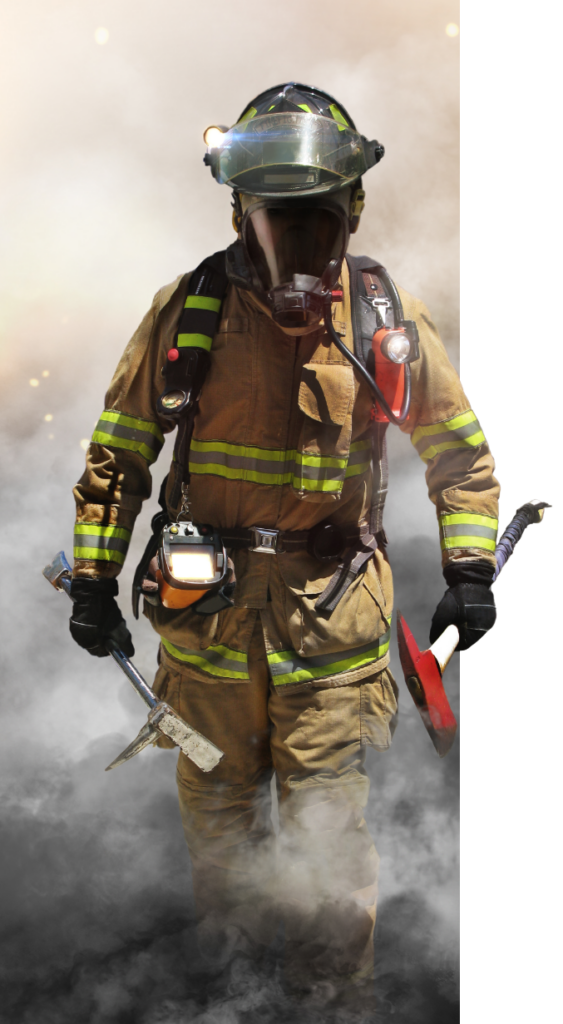












White House Recovery Post Falls is Northern Idaho’s premier detox and inpatient program nestled in the charming city of Post Falls, Idaho. Our mission is to provide quality care and support to individuals grappling with the complexities of substance use disorder.
At White House Recovery Post Falls, we recognize that substance use disorder is a multifaceted and deeply personal challenge. Our team of dedicated professionals is committed to delivering compassionate and effective treatment within the safe and nurturing confines of our residential facility. We specialize in detoxification and inpatient programs, ensuring that each individual embarks on a journey of recovery with the highest standard of care and unwavering support from admission to aftercare.
At White House Recovery Post Falls, we take immense pride in offering a comprehensive range of services and evidence-based treatments designed to guide individuals on their transformative journey towards sobriety. Our unwavering commitment to excellence and compassionate care is the cornerstone of our facility, ensuring that every individual receives the highest standard of treatment for substance use disorder.
The first step towards recovery is often detoxification, a crucial phase in which the body eliminates harmful substances. Our facility provides a safe and supportive environment for individuals undergoing detox, with 24/7 supervision and expert care to manage withdrawal symptoms. Our detox program ensures a comfortable and secure start to the recovery process.
Recognizing the complex nature of substance use disorder, we offer inpatient rehabilitation programs that provide individuals with the tools and resources needed for lasting recovery. Our evidence-based treatments, including cognitive-behavioral therapy (CBT), individual counseling, group therapy, and empower individuals to address the underlying causes of addiction and develop healthy coping strategies.
We understand that addiction often coexists with mental health disorders. To address this, we provide dual diagnosis treatment that offers comprehensive care for both substance use disorder and underlying mental health conditions. Our approach is rooted in evidence-based practices that promote healing and emotional well-being.
Addiction affects not only the individual but also their loved ones. We emphasize the importance of family involvement and support as integral components of the recovery process. Through education, we help mend relationships and create a strong support network for sustained recovery.
Recovery is a lifelong journey, and our commitment to our clients extends beyond their time in our facility. We offer aftercare planning services to help individuals transition smoothly into the next phase of their lives. This includes access to ongoing counseling, support groups, and resources such as PHP and IOP to ensure a successful and lasting recovery.
No two individuals are alike, and neither are their paths to recovery. That’s why we tailor our services to meet the unique needs of each client. Our customized treatment plans ensure that individuals receive the care, attention, and therapies that best suit their specific challenges and goals.
Ensuring that everyone involved is educated about the various aspects of substance abuse and any related consequences is a significant component of almost every evidence-based treatment. Numerous EBT methods have been heavily researched and have proven to successfully bear positive real-world applications.
Below are some of the most common evidence-based methods used to treat substance abuse disorders:


TriCare and TriWest are vital partners in ensuring that active military and veterans have access to high-quality healthcare services, including addiction treatment. They serve as network managers for the U.S. Military and Department of Veterans Affairs (VA) and offer military and veterans a range of healthcare options, including inpatient rehabilitation.
Being in-network with TriCare and TriWest means that White House Recovery Post Falls has met their rigorous standards for quality care and is a trusted provider for our military and veterans seeking help for substance abuse issues. This affiliation allows us to offer our quality, specialized services to military and veterans while alleviating the financial burden for those who serve and have served our country.


TriCare and TriWest are vital partners in ensuring that active military and veterans have access to high-quality healthcare services, including addiction treatment. They serve as network managers for the U.S. Military and Department of Veterans Affairs (VA) and offer military and veterans a range of healthcare options, including inpatient rehabilitation.
Being in-network with TriCare and TriWest means that White House Recovery Post Falls has met their rigorous standards for quality care and is a trusted provider for our military and veterans seeking help for substance abuse issues. This affiliation allows us to offer our quality, specialized services to military and veterans while alleviating the financial burden for those who serve and have served our country.
Our facility is nestled in the beautiful surroundings of Post Falls right next door to Coeur d’Alene, Idaho and Spokane, Washington. The tranquil and scenic environment provides a serene backdrop for healing and self-reflection.
If you or a loved one is seeking professional help to overcome alcohol or drug addiction, White House Recovery Post Falls is here to assist you. Contact us today to learn more about our programs, verify insurance coverage, and take the first step towards a life of lasting recovery.
Overcome addiction at White House Recovery Post Falls, where hope and healing intertwine.